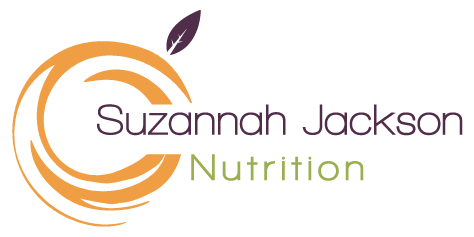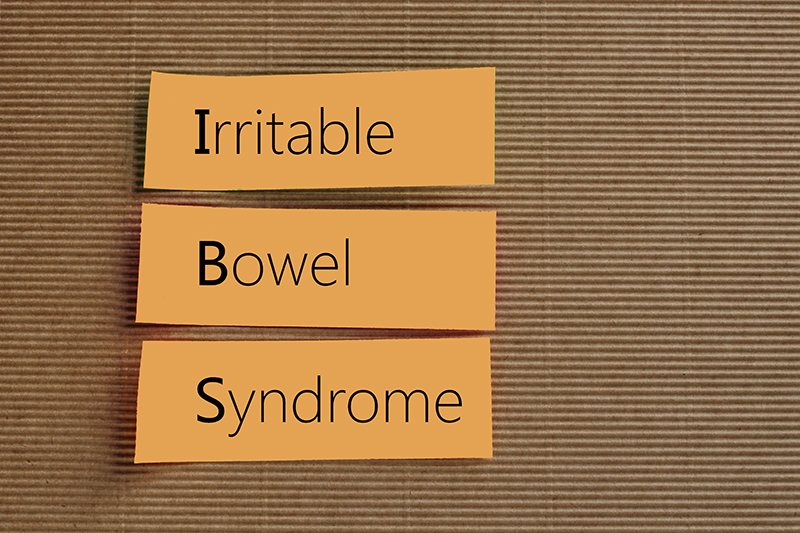You will have heard the phrase ‘You are what you eat’ but in fact it is more about ‘you are what you absorb’.
Bloating, gassy, cramps, one minute you can’t go to the loo and the next minute you can’t get off it?
Does any of this sound familiar to you? Perhaps you’ve been told by a medical practitioner there is nothing they can do, that there is no cure for IBS, but by getting to the bottom of what is causing the symptoms of IBS (excuse the pun), you can take the steps to fix it.
One of the most common causes of IBS is SIBO (small intestinal bacterial overgrowth), which accounts for 60+ of IBS cases. This describes a condition where bacteria grow and thrive in the small intestine. It’s not a question of ‘good’ or ‘bad’ bacteria. There shouldn’t really be many there at all.
It might be that you have a lactose intolerance. This is when your body is not able to tolerate lactose, a type of sugar found naturally in milk and other dairy products, leading to a host of ‘IBS symptoms’. It might similarly be fructose malabsorption. Again, some people are not able to absorb fructose and symptoms are very similar to lactose intolerance.
Dysbiosis is an imbalance in the levels of beneficial (good) and pathogenic (bad) bacteria in the large intestine or colon, potentially caused by the overuse of antibiotics or alcohol, an increase in high sugar diets, and stress.
Or you might have a yeast overgrowth. Simply, the gut environment gets out of balance (due to dysbiosis) meaning that unwelcome yeast can thrive.
What can I do about my IBS now?
There are some simple tricks you can put into practice today and that might make enough of a difference to help you get your life back on track.
I also want you to consider the degree to which your symptoms bother you. Are you satisfied with just covering up the symptoms and hoping for the best? That might be enough for you or if it isn’t, please book yourself in for a free 20-minute digestive health call to get an idea of what else may be possible for you.
8 ways to improve your digestion
DO
- Try a cup of hot water or ginger tea before meals to stimulate digestion.
- Apple cider vinegar (with the ‘mother’) also works – take 1tsp before a meal.
- Think about your food before eating it – the thought and smell kickstarts the digestive process.
- Make sure you’re chewing properly.
- Try a few cubes of pineapple or papaya before a meal. These contain enzymes that can boost your digestion. You might also consider taking a natural digestive enzyme supplement to support your body’s natural digestion process.
DON’T
- Eat at your desk while you work. Getting up and away from your desk is important for so many reasons. Checking emails while you are also eating may make you gulp down your food or not chewing properly. Neither are good for your digestive health.
- Don’t eat fruit after a meal. Fruit likes a quick passage through the digestive system. It can get stuck behind other foods that are digested more slowly and then ferment, causing gas.
- Don’t drink too much water or other fluids with your meal as this dilutes the stomach acid needed to digest your food properly.
If this blog has got you thinking more about your general health, weight loss, immunity or gut health I would be delighted to talk to you about how I can help.
Check out the link below for a free 20 minute consultation or send me an email at: info@suzannahjacksonnutrition.co.uk
I am a fully qualified Nutritional Therapist and can work with you to create a plan specific to your body’s needs and your personal health and fitness goals.

